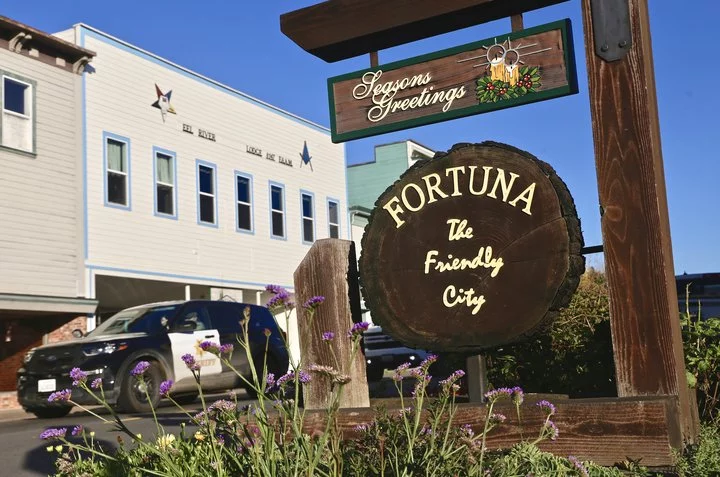By Andrew Goff.
A clarification from Friday’s article: Storz doesn’t own Royal Crest Mobile Estates. They only manage the day-to-day operations for the actual owners, something no one from Storz mentioned during repeated phone calls asking for comment.
The Outpost has received a letter from Anthony Rodriguez, a lawyer representing the California Limited Partnership that owns the Royal Crest Mobile Estates (they are nameless in the letter, but from what we can find, they’re called “Royal Crest Investors LP.” As for the identity of the people who own that organization, they remain anonymous).
To sum the 14-page letter up, Royal Crest Investors LP does not want the Fortuna City Council to pass a Rent Stabilization Ordinance (RSO), and also rejects the idea that they don’t treat their residents fairly.
In a separate email to both the Outpost and Fortuna’s city councilmembers, he also denied that people who live at the park who complained about the rent raises or any subpar infrastructure were censured by the owners.
“Preliminarily, I must note that there have been suggestions the park is owned by a large corporation, that it is only concerned with profits, with no concern for the well being of its residents,” Rodriguez writes. “Nothing could be further from the truth.”
Rodriguez says the rent increases (about 21% over the last four years) are a reflection of money invested into the park’s infrastructure, $727,000 over the last five years to fix problems caused by earthquakes and fires, as well as inflation (also about 21% nationally, according to the Bureau of Labor Statistics, but the data on California shows its CPI rose more like 19%).
He also claims that a 1985 court case, Sierra Lake Reserve v. City of Rocklin, gives his client the right to raise rent on mobile homes to get a solid return on infrastructure investments.
Additionally, Rodriguez says that the homes in the park are worth way above market price, and therefore the rent should also be higher. Data in the letter, pulled from public records, show that the homes are selling for about $52,000 more on average than they were purchased for ($84,600 vs. $32,500), although the time elapsed in between those sales isn’t mentioned.
Because the price of mobile homes has an inverse correlation with the lot rent, the high sales price of these houses suggests to him that the rent is far below what it could be. In fact, the thinking goes, the low rent could exacerbate a housing shortage in Fortuna by making the original sales price of the home unaffordable.
But the main concern is making a return, and that’s the main summation of the argument — with a hint that they’re not above some court battles.
“The recent rent increases at Royal Crest Mobile Estates barely allow the parkowner to keep pace with the excessive inflation that has occurred since 2021, let alone recover a fair return on the hundreds of thousands of dollars in capital improvement due to factors beyond the parkowner’s control,” reads the letter. “…Rent control in mobile homes parks routinely results in litigation to determine the appropriate rent level, and in some cases, even results in closure of the property. As a result, the relationship between mobilehome parkowners and residents can easily become adversarial, creating unwanted stress, anxiety and expense for all concerned. In order to avoid these negative consequences, my client respectfully requests the City Council to reject rent control at this time.”
The mobile home owners in the park think the RSO they’re proposing is perfectly fair and allows for a healthy profit.
“I think that, yes, from a company perspective, this is their investment, and it’s what they’ve chosen to do, which is fine, but it needs to be reasonable as well,” said homeowner Layne Moon in an interview with the Outpost last week. “And, you know, they should make a profit, but not a gouging profit.”

CLICK TO MANAGE